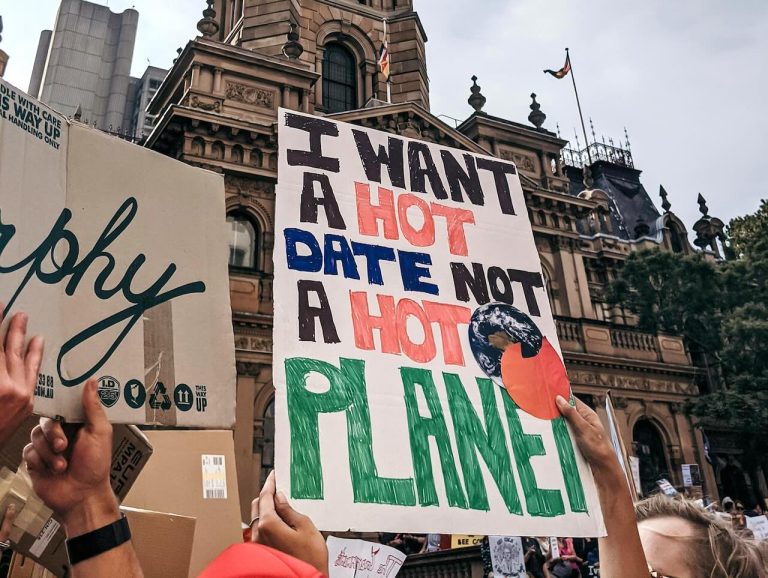
Introduction: The twisted climate narrative
A recently published study scientific progress has been exploited by the mainstream media (MSM) to fuel climate panic narratives. [emphasis, links added]
Headlines warn of the potential for catastrophic heat-related deaths, particularly among younger generations. What these headlines ignore is just as important, if not more important: The study also showed a significant decrease in cold-related deaths, resulting in a net decrease in temperature-related mortality in all conditions.
This omission is no accident. This is part of a broader strategy to perpetuate fear, distort public understanding, and support funding and policy agendas.
The actual data tells a completely different story, one that the climate fear machine cannot make you see. Let’s dissect this study, expose selective reporting, and uncover the truth.
Media report: “Climate change is taking its toll on young people”
The media and social media platforms focused solely on the study's heat-related mortality predictions, ignoring the broader context. For example:
- The Guardian Claiming that “people under 35 will bear the brunt of heat-related deaths” paints a dire picture for future generations.

- NPR Highlighting the higher risk faced by younger people, describing heat-related deaths as an escalating crisis, there was no mention of the study's findings on cold-related mortality.

The result is an unbalanced narrative that amplifies fear without providing context. The media focuses solely on heat-related deaths, suppressing the broader, more optimistic findings of the study.
What the data shows
The study's data details the annual number of deaths caused by heat (above) and cold (below) under various greenhouse gas emissions scenarios.

Here are the key takeaways: The decrease in cold-related deaths far outweighed the increase in heat-related deaths.
Heat-related deaths: As warming increases the frequency of heat waves, heat-related mortality is expected to increase, especially in older populations (over 70 years old). However, These increases have been relatively modest and concentrated in specific disadvantaged age groups.
Cold-related deaths: In contrast, cold-related deaths – historically more common than heat deaths – are expected to decline significantly in all cases. The decline is most pronounced among older age groups, who are at greatest risk for cold-related illnesses, such as cardiovascular and respiratory disease.
Net mortality rate: The overall picture is clear: In a warmer world, fewer people will die from extreme temperatures. In all cases, the reduction in cold deaths consistently exceeded the increase in heat deaths.
Historical Background: Cold is more deadly than heat
This study is not unique. This is consistent with decades of research showing that cold is more deadly than heat. 2021 Global Analysis lancet disclose Each year, cold exposure kills nearly 4.6 million people, compared with only 500,000 deaths from heat.

Cold-related deaths are primarily caused by respiratory and cardiovascular diseases exacerbated by low temperatures and insufficient home heating. As the climate warms, these risks are expected to decrease significantly, resulting in real public health benefits.
Fear Machines: How Narratives Are Twisted
Selective media coverage illustrates how climate fear is manufactured and monetized. Here's how it works:
- Cherry picking data: The MSM focuses only on heat-related deaths and ignores the sharp reduction in cold deaths, which paints a more optimistic picture.
- Worst case scenario: The extreme SSP5-8.5 emissions scenario is widely considered unlikely, but it is a hypothetical future that exaggerates perceived risks.
- Fear as a financing tool: Alarmist headlines maintain public support for large-scale climate funding, benefiting the media, advocacy groups and research institutions.
- Suppress context: The net benefits of warming, such as fewer overall temperature-related deaths, are ignored because they undermine the fear-driven narrative.
This approach is not about informing the masses, but about controlling the conversation.
Irrational Fear is written by climatologist Dr. Matthew Wielicki and is supported by readers. If you value what you read here, please consider subscribing and supporting the work.
Top photo by Tiff Ng via Pexels
Read A Break from Irrational Fear
